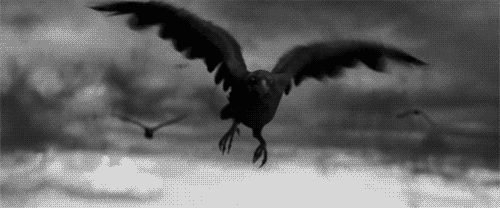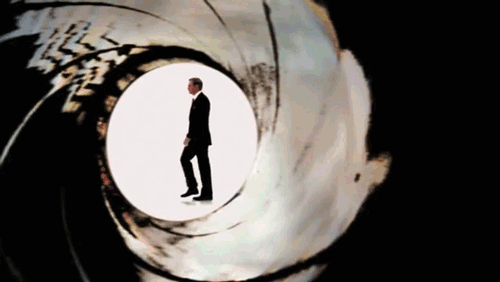
Bunny Lake Is Missing is a psychological thriller directed and produced by Otto Preminger, who filmed it in black and white widescreen format in London. It was based on the novel of the same name by Merriam Modell. The score is by Paul Glass and the opening theme is often heard as a refrain. The Zombies also appear in a television broadcast.
Dismissed by both critics and Preminger as insignificant upon its release in 1965, the film later earned a following as a cult classic, along with strong reviews by critics such as Andrew Sarris. The movie was at last released on DVD in 2005.
American single mother Ann Lake (Carol Lynley) has lately come to England from the US with her four-year-old daughter Felicia whom she calls by the nickname Bunny, planning to settle in London with her journalist brother Steven (Keir Dullea). After Bunny's first morning at her new school (The Little People's Garden) Ann comes to fetch her but Bunny is not there and nobody can remember even having seen her.
Police Superintendent Newhouse (Laurence Olivier) faces an array of suspects in Bunny's disappearance. Among these is Ann's landlord, ageing writer and broadcaster Horatio Wilson (Noel Coward), who lets himself into the Lakes' new apartment as he pleases and is a whip-loving sado-masochist. Retired teacher Ada Ford (Martita Hunt) lives on the school's top floor and collects recordings of children's nightmares. Ada in turn tells Newhouse she thinks there is something "very unusual" about Ann's brother Steven. Meanwhile, Steven acts aggressively towards Newhouse, threatening to create a public scandal through his resources as a reporter unless the police quickly find Bunny.
The family further tell the police that all of the girl's belongings have vanished that same day in a mysterious burglary, along with her passport. The school authorities in turn report that they had never received a tuition check for Bunny. When Steven lets slip that Ann as a young girl had an imaginary friend whom she also called Bunny, Newhouse begins to wonder whether Bunny Lake ever really existed.
At her wits' end from not being believed, Ann suddenly recalls that, before Bunny's disappearance, the girl's doll had been taken in for repair. She sets off across nighttime London to try to get the doll back, thinking that with it in hand the police will have to believe her.
Original poster and credit sequence are designed by Saul Bass.























No comments:
Post a Comment